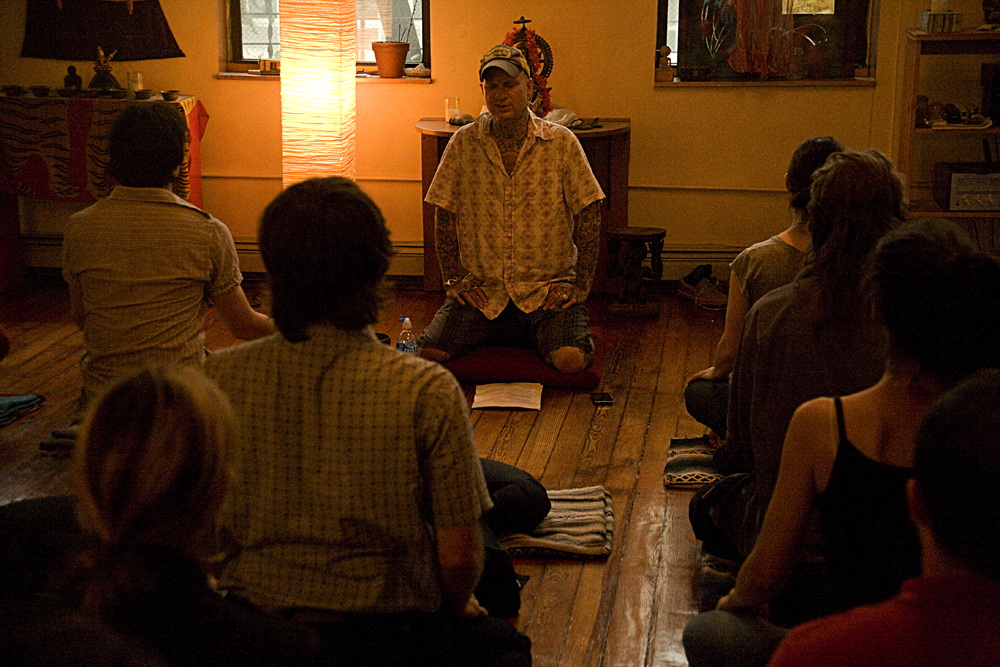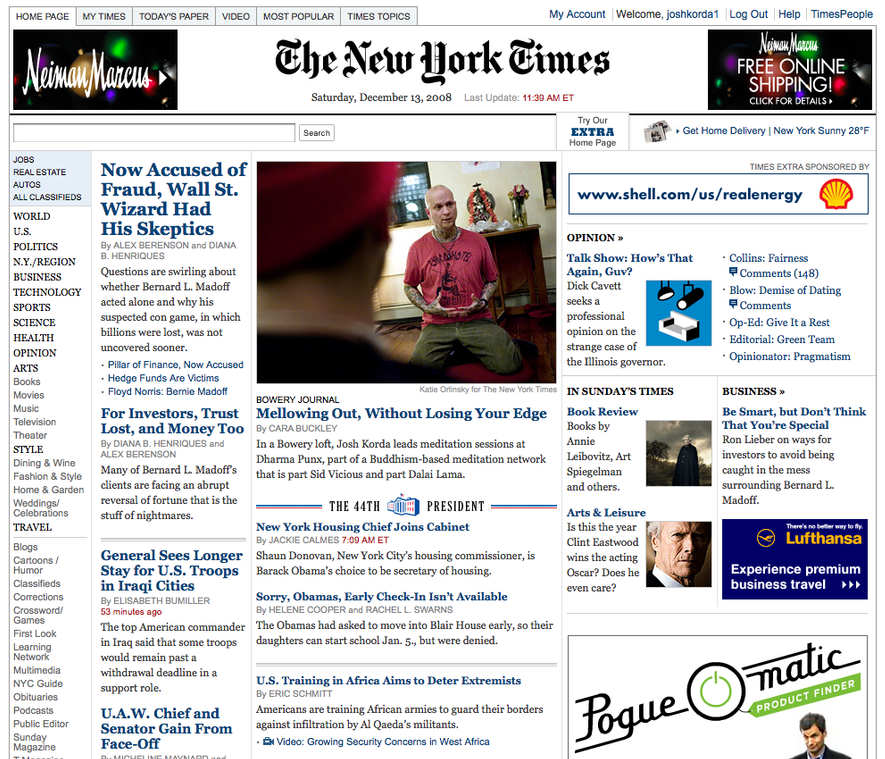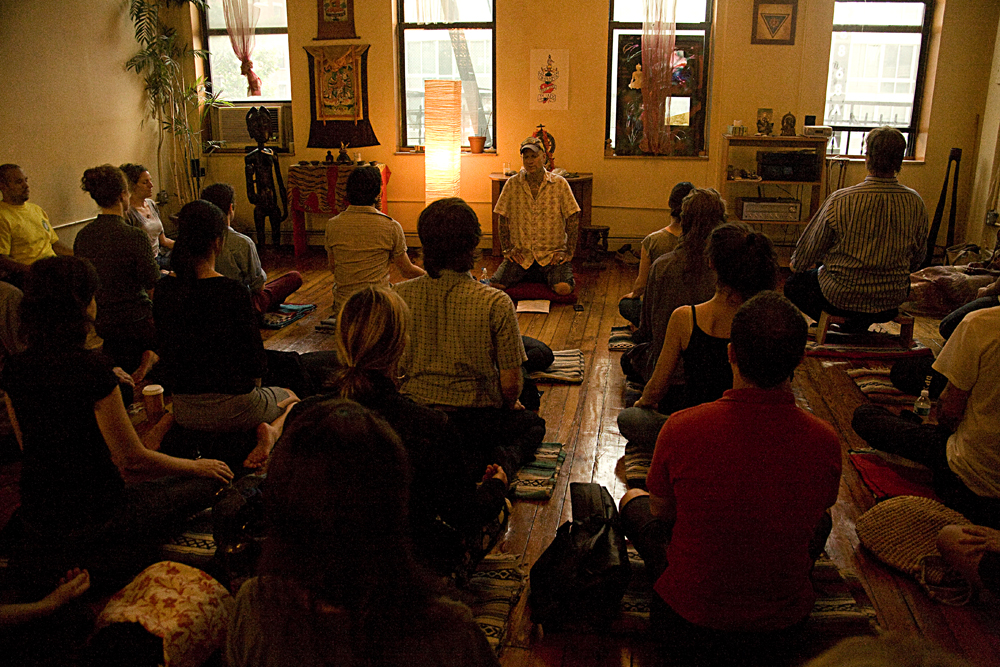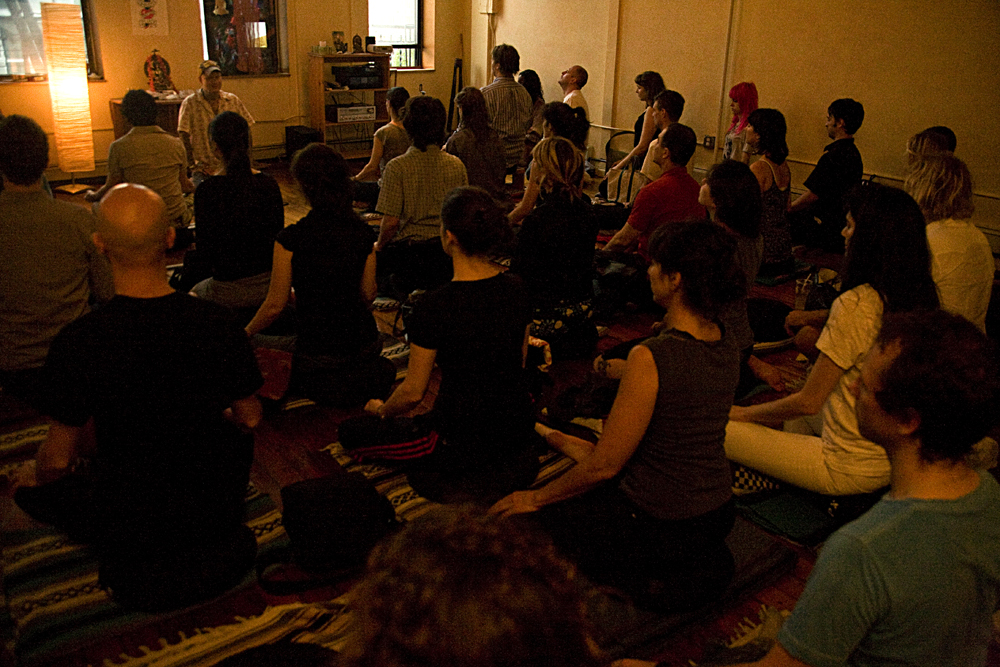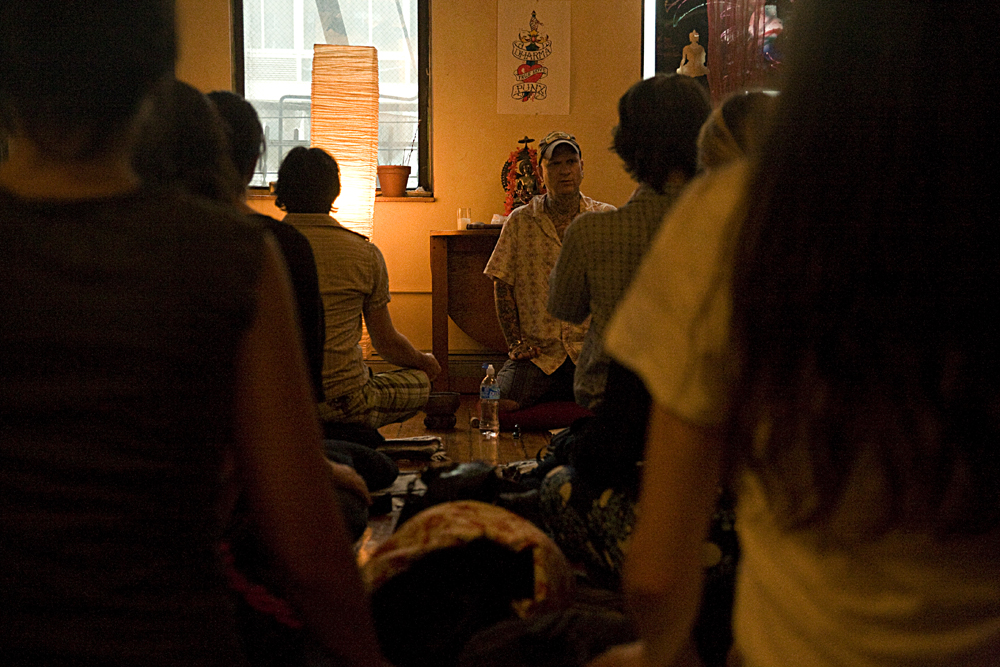TO LIVE WITH PURPOSE requires that we take a risk to create meaning for ourselves.
In his memoir of surviving in Nazi concentration camps, Man’s Search for Meaning, Viktor Frankl concluded that sur- vival rests upon the realization that life, despite its absurdity, holds an authentic purpose that invariably extends beyond ourselves:
Being human always points . . . to something, or someone, other than oneself—be it a meaning to ful ll or another human being to encounter. The more one forgets himself—by giving himself to a cause to serve or another person to love—the more human he is.
It’s worth noting that pleasure and elation are not synonymous with purpose or authentic meaning. The single-minded pursuit of comfort and ease is an ulti- mately sel sh behavior, best described as a form of drive-reduction behavior: We all have drives, such as thirst, hunger, sex, a search for survival advantage. If these drives are not heeded, they cause stress until they are acted upon. When they are nally acted upon, we feel a sense of satiation and release. For instance, I’m presently thirsty. When eventually I satisfy my thirst with a drink, I’ll feel rewarded. I feel sim- ilar things when I buy something that I want, or even check my phone for text messages. These materialistic and reward- oriented behaviors trigger an almost disproportionate emo- tional response. While eating and drinking might seem to simply ful ll survival instinct, they actually give me the same kind of hedonistic satisfaction as buying something fun; I feel strong and secure.
Unfortunately the buzz—neurally similar to a hit of crack, a toot of cocaine, a line of crystal meth (all of which I explored for myself, thank you very much)—doesn’t last. Like any other drug, eventually the high wears off and we are invariably left feeling hollow, yearning for more. What goes up must come down, especially our emotions. It is the foundation of the second noble truth of Buddhism that even acquiring that which we desire will ultimately always leave us craving—and consequently, suffering—more.
Since we are social creatures, joining a group can help us maintain our emotional well-being. But to preserve our con- nection with the group, we might nd ourselves conforming to its social norms. In extreme cases we can virtually aban- don ourselves just to stay connected. If we deviate from the norms of our group, we’ll experience pressure to conform, whether explicitly or implicitly.
Seeking to t in and belong can cause our estimation of satisfaction and happiness to devolve into nothing more than the pursuit of status symbols and social recognition. But the happiness such achievements provide are short-lived. Con- necting with others is important for survival and a general sense of well-being, but the urge simply to conform and com- ply is ultimately just another pursuit of short-term advantage and pleasure. It doesn’t give our lives any real purpose.
Feeling a sense of purpose is very different from merely feeling pleasure. A sense of purpose, or meaning, arises in me when emails arrive from complete strangers who have listened to my podcasts and are seeking some words of com- fort. I don’t simply enjoy the emails. Reading them gives me a call to action, a desire to do something for others. While pleasure provides my self what it thinks it wants, purpose transcends my narrow sense of self. Purpose, a reason for being, must connect to one’s authentic experience.
We transcend meaninglessness only when we think and act beyond merely trying to satisfy our needs. We become authentic, in part, by extracting ourselves from the norm, adopting values that question rather than mimic, and taking on work that reaches beyond ourselves.
The pursuit of meaning and purpose doesn’t support the illusion of security. To nd purpose we must take a risk. Helping someone with an illness or addiction, starting a rela- tionship, raising children, or pursuing a meaningful career can require risking both our external and internal resources.
Once we’ve invested efforts into people and areas outside of our narrow self-interest, we may experience some periods of greater anxiety than people who chase after security and approval. Teaching at a Buddhist community, for example, creates meaning for me but requires sacrifice. I live hand to mouth, making a fraction of the money I made in advertising. And while many believe—incorrectly—that advertising is a glamorous profession, few even have a clue what being a Dharma teacher means, much less display any admiration when I tell them it’s what I do. Making life authentic and meaningful doesn’t always make us feel secure or comfortable.
Trying to live a life of meaning also connects my pres- ent experience to considerations of karma: my thoughts and actions have future implications, as the Buddha noted in the Kalama Sutta:
Suppose there is rebirth as a result of skillful or unskillful actions. Then it is possible that after death someone who acts skillfully will arise in a heavenly realm with a peaceful mind. But suppose there is no rebirth, there are no future lives that result from skillful or unskillful actions. Still, in this lifetime, one will live free from hatred, ill will, feeling secure and at peace.
A purpose involves considering the future implications of our actions, rather than looking good or sounding pleasant to others in the moment. I am better able to sort out what my purpose will be on the basis of honesty and a dispassionate assessment of myself.
Our lives don’t come with a user’s manual or even a stated goal. We arrive into consciousness with a will to live, but no real purpose beyond continued existence. None of us are provided a reason for being beyond survival of the species, which is often less than inspiring. So how do we nd meaning in a seemingly meaningless universe? We must create meaning for ourselves. To develop a genuine direction in life we must accept the challenge: We were born without a purpose, so we must create one. I am creating my own purpose, right here. I am creating a meaningful life in writing these words, as this organizes my existence toward the project’s completion.
We can take the groundless absurdity of life as a challenge by asking, “How can I create a purposeful life?” Here are some questions that can help us choose our purpose by examining some of our natural inclinations:
If you had a diagnosis of only months to live, what would you change? What obligations and responsi- bilities would you put aside? How would you behave differently?
Re ect on the times you experienced the greatest peace. What do these experiences have in common?
What are the great ideas you respect from the canon of philosophy or literature or culture? How can you live from this perspective?
What actions did you undertake ve years ago that you feel proud of? What can you learn from these actions?
What would be your nal speech to the world? How would you summarize the important things you’ve learned in life? What have you discovered about life worth expressing to others?
The answers to these questions can help us gain some insight into our meaningful priorities, higher values, and authentic choices. If we want to establish real meaning for ourselves, the meaning has to come from within. As the Buddha taught, we should not base our beliefs and priorities on what is said to be true, what we’ve heard from others, but what we know to be true based on our own experience. The Buddha taught that, if our beliefs and values are to be authentic, we must verify them for ourselves. Similarly these investigations should be free from the undue in uences of social pressure. As such, quiet, secluded contemplation can provide a worthwhile setting for these core investigations.
Once we test and develop reliable values, we live our lives guided by them, rather than simply surviving in the roles we’ve acquired at work, or in our families, hobbies, etc. We may nd that we are guided by compassion, gratitude, forgiveness, and equanimity.






